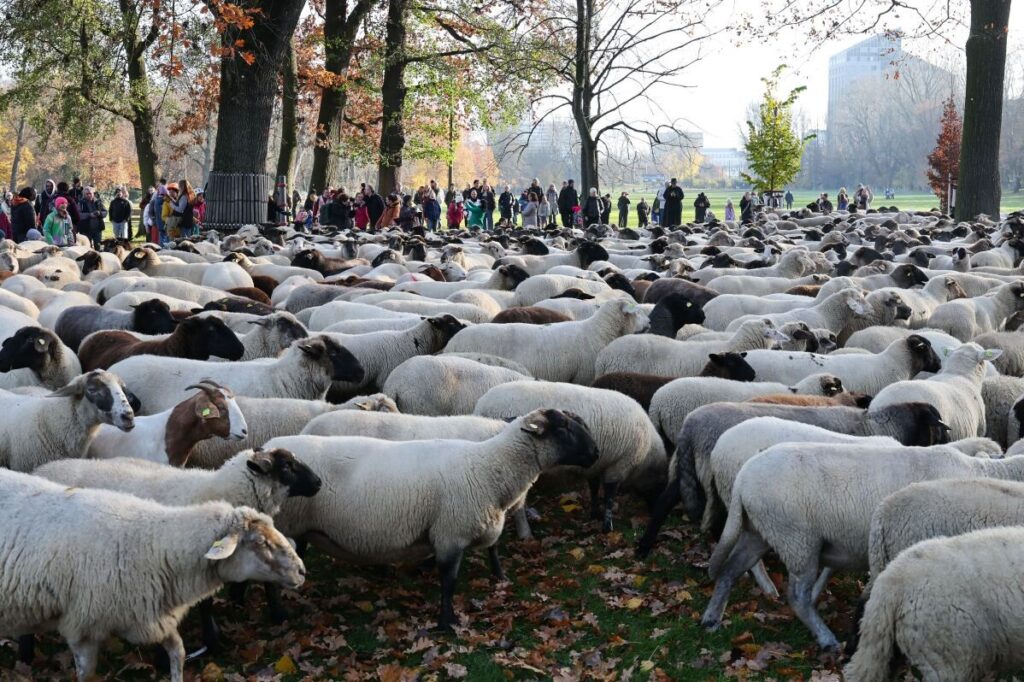Tracking Cattle in Brazil’s Para State: Can It Stem Amazon Deforestation or Just Mask Deceit?
A new cattle tagging initiative in Brazil’s Para state aims to curb rampant Amazon deforestation by tracing livestock movements—but can government oversight and corporate cooperation truly hold illegal actors accountable and protect global climate interests, including America’s?

In the heart of Brazil’s Amazon, the state of Para grapples with an environmental crisis that reverberates far beyond its borders—massive deforestation driven largely by unregulated cattle ranching. With over 20 million head of cattle grazing across its vast territory, Para accounts for a staggering 14% of global rainforest loss over two decades. The consequences aren’t just local; they ripple into the international arena, worsening climate change and threatening ecological stability vital to American interests.
Is Tracking Cattle Enough to Halt Amazon Destruction?
Maria Gorete, a small-scale rancher embracing government-mandated ear tags on her herd, symbolizes hopeful progress. Each tag digitally logs where every cow has been—from birth pastures to slaughterhouses—forming a chain of custody aimed at guaranteeing no illegal deforestation funded their upkeep. This traceability, mandated statewide by 2027, intends to empower regulators and companies to screen out beef linked to forest clearing.
At first glance, this program offers a commonsense solution aligning with America First principles: protecting sovereign environments abroad while ensuring supply chains don’t fuel ecological harm that ultimately impacts U.S. security and economic well-being. Yet, beneath the surface lies a more complex reality.
The Real Challenge: Enforcement Over Paper Promises
The federal and local Brazilian governments’ push comes amid institutional weaknesses and corruption that plague enforcement efforts. While large ranchers like Mauro Lucio have long used tagging out of necessity, it is the small minority operating criminally who drive much deforestation through covert land grabs disguised as legitimate farms. As Christian Poirier from Amazon Watch warns, sophisticated crime syndicates often outmaneuver current regulations.
Despite JBS—the world’s largest meatpacker—donating millions of tags and promising zero tolerance for illegal sourcing, questions linger about whether profit-driven corporations will prioritize genuine transparency or simply greenwash supply chains under public pressure.
For Americans invested in curbing climate change without compromising trade or national sovereignty, this situation presents a dilemma. Should Washington rely on fragile foreign regulatory systems vulnerable to fraud and bad actors? Or is direct support for robust monitoring technologies coupled with firm diplomatic pressure necessary?
This episode highlights how globalist initiatives often underestimate enforcement challenges on the ground while promoting solutions that sound good but risk being circumvented by those seeking quick profits at environmental expense. The U.S. must demand accountability from partners abroad—not just promises.
As the world convenes for climate talks in Belem nearby, one must ask: How long before these tagging programs become mere bureaucratic checkmarks rather than effective barriers against destruction fueling global warming? For American families already feeling inflation pressures aggravated by worldwide instability tied to ecological collapse, such outcomes are unacceptable.
The path forward requires vigilance:
- Supporting transparent enforcement mechanisms verified by independent observers
- Engaging industry players honestly while exposing fraudulent practices
- Ensuring that trade policies reward only truly sustainable beef producers
- Backing technological innovation that empowers border security related to ecological threats
If we fail at these tasks, deforestation continues unchecked—jeopardizing rainforests’ role as global carbon sinks vital not just for Brazil but for all nations concerned about climate security.
